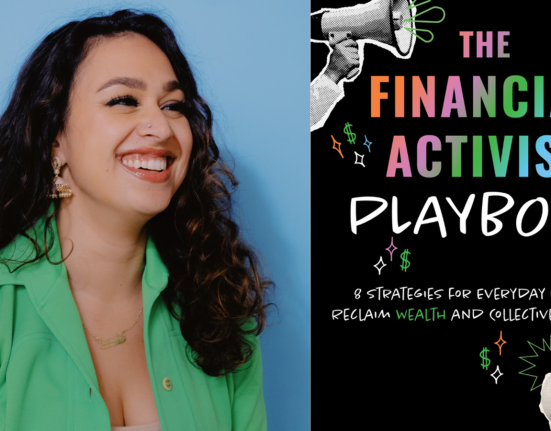The financial independence of women is described by the term fiscal feminism and it is becoming popular in India. This term represents women’s freedom in terms of money, especially those who are mothers since they are defying traditional barriers and redefining their roles within the financial sector.
The emergence of fiscal feminism
India has experienced a significant growth of female investors over the last few years. In spite of being socialised as caregivers and primary household workers, women have stepped out from their homes to earn income for their families thus contributing towards socio-economic development at a large national level.
The numbers speak
According to BlackRock, an investment management company, average female investors keep 68% of their portfolio in cash and cash equivalents, like savings bank account deposits, and fixed deposits. However, men keep 59% of their portfolios in cash and the share of women in stock investment is just 20%.
But these figures have changed during the pandemic. The period of isolation allowed many women to spend time on searching for additional sources of income. A lot of them started investing in stocks and mutual funds, growing their money exponentially by picking good quality investments, and started building their investments and an investment income.
Recent examples of fiscal feminism
The fiscal feminist movement in India has seen some notable examples. One such instance is a mother’s experience with healthcare expenses for her child. She recounts, “My son, who is 23 months old, got very sick a couple of days ago, and we had to admit him to the hospital for severe viral gastroenteritis and dehydration. I was not prepared for this. On the day of admission, I could not look at the financial aspects. I just left that to be taken care of by my husband.”
She continues, “Since he recently changed his job, he did not have medical insurance to cover the baby. But I, on the other hand, have 2 insurances. One that my office provides and one I took separately. The next day my husband had to go to work. I obviously had to take leave.”
“Once I had some help to take care of my child in the room from my caretaker, I went to the IP billing to check on the procedure. They told me that for cashless, the patient should be admitted for 24 hours. Even though the doctor was ready to give the discharge before that. Somewhere I knew that my policy had a clause which said hospitalisation for 2 hours is also eligible for cashless. I made multiple calls to insurance providers. They were very helpful and confirmed that in my policy there is no need to admit for 24 hours.”
She firmly spoke with the hospital staff and ensured that everything was done quickly. Despite attempts to mislead, she managed to get her son discharged without having to pay a single penny extra. Everything got covered as per her policy.
She concludes, “Why I am posting this message here is because when I joined Women On Wealth’s Money Gym program last year, in one of the videos Priyanka had stressed on adding the child’s name immediately after birth. That prompted me to revisit my existing policy and change it from one insurance policy to another. This community is very empowering. It’s not just about taking investment decisions but also gives you confidence in taking prompt decisions during such situations. A woman can do anything that she wants. We don’t have to depend on any male counterpart. My husband had the luxury to say that he can’t take leave and went to the office. But as a mother, I didn’t have that. I had to play dual roles in the hospital and I DID IT with grace and confidence.”
Importance of women’s financial education and empowerment
The narrative underscores the need for financial education and empowerment among women. Equipped with information and instruments which allow them to deliberate about their finances sensibly, women are capable of tackling unforeseen difficulties bravely. When societies invest in programs that promote knowledge on financial matters or trust building among females towards ownership and management of assets as well as control over savings then these same communities will have unlocked their potential fully as agents for stability in economic growth so states this story.
The road ahead
The current situation had potential for improvement even though it was hopeful. The gender budget is 4.9% of the total amount spent, which is ₹2,23,219.75 crore for 2023-24. This is a slight increase from last year’s 4.3%, showing that we are moving in the right direction but there needs to be more done in terms of fiscal policies to ensure gender equality.
In summary, in India, feminist economics means more than women working towards their own financial liberation, it also involves changing social expectations and making sure everyone has equal access to economic resources. When mothers and other women take control over what happens to money in their lives later on down the line they aren’t just securing themselves financially they are also creating opportunities for future generations.
Priyanka Bhatia is Co-Founder, Women on Wealth.
Unlock a world of Benefits! From insightful newsletters to real-time stock tracking, breaking news and a personalized newsfeed – it’s all here, just a click away! Login Now!







